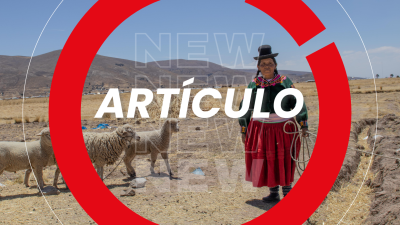This year’s edition of the Navigating Report aims to capture the essence of the observations made during the implementation of an array of CLI activities and the interactions with policymakers, stakeholders, practitioners and tech experts around the globe.

The focus is on three topics that recurred in the field and in discussions with our partners – open data and interoperability (Chapter 2), digital MRV in carbon markets post-2020 (Chapter 3) and governance (Chapter 4). This edition also reports on the progress of CLI-supported use cases (Chapter 5) and provides reflections on the implications of the COVID-19 pandemic.
We hope this edition helps practitioners and policymakers alike navigate the rapidly evolving field and take inspiration from the experiences of countries already using blockchain to achieve the goals of the Paris Agreement.
Key Findings
In the COVID-19 pandemic of 2020, many governments struggled to agree on adequate response measures in a timely manner, and for many the pandemic emphasized the importance of independent scientific knowledge in the public policy debate.
The unprecedented short-term financial stimuli that many governments quickly released to mitigate the economic impacts of the first wave showed that governments can act strongly in the face of systemic disruptions.
COVID-19 also shows how a systemic shock can trigger a leapfrog in digitization as working from home and the extensive use of videoconferencing quickly became the new norm. Governments worked with technology companies to develop tracing apps, with mixed results. The rapid digitization under COVID-19 mirrors a lesson of our earlier CLI Navigating Reports – digital solutions for complex challenges generally rely on strong and well-functioning social and institutional frameworks.
Although blockchain has lost a lot of its hype and matured a lot during 2020, we’re still at the beginning of a major technological revolution and a long way from using the technology on a broad and mainstream basis. Governments in particular need further encouragement to use and apply blockchain and Digital Ledger Technologies (DLT) to accelerate climate action.
The report was presented in a webinar on December 17, 2020, in which Martin Jaggi, head of the Swiss Cooperation SDC participated.

CLI – Report 2020. Navigating Blockchain and Climate Action
Download

Webinar
Launch of the CLI report 2020
See video here
About blockchain technology.
Why is the relevant for climate action?
A blockchain-based database may increase the active participation of country parties and enhance public and private sector participation and ambition across the major pillars of the Paris Agreement—mitigation, adaptation and finance. The unique identification and tracking properties could ensure a high level of transparency within the network as well as a high-level of trust for the stored data. Moreover, combining mechanisms of the Paris Agreement with blockchain technology could open the door to many new and innovative approaches within climate change mitigation, adaptation and finance – offering lower transaction costs and increased transparency.
Therefore, blockchain holds the potential to create much needed value for Paris Agreement implementation. CLI recognizes that this technology should be seen as one element in the fight against climate change and not the single silver bullet to solve all challenges.
More information
Web Climate Ledger Initiative








